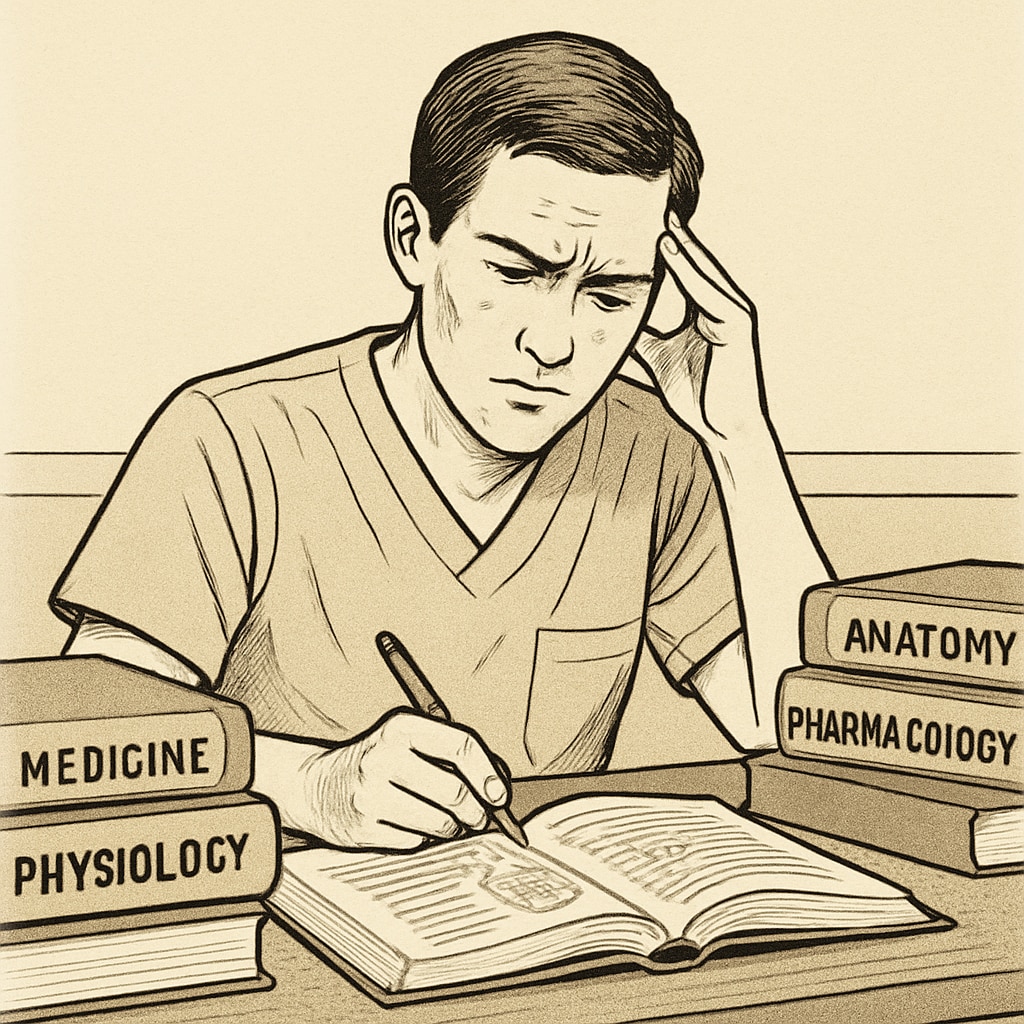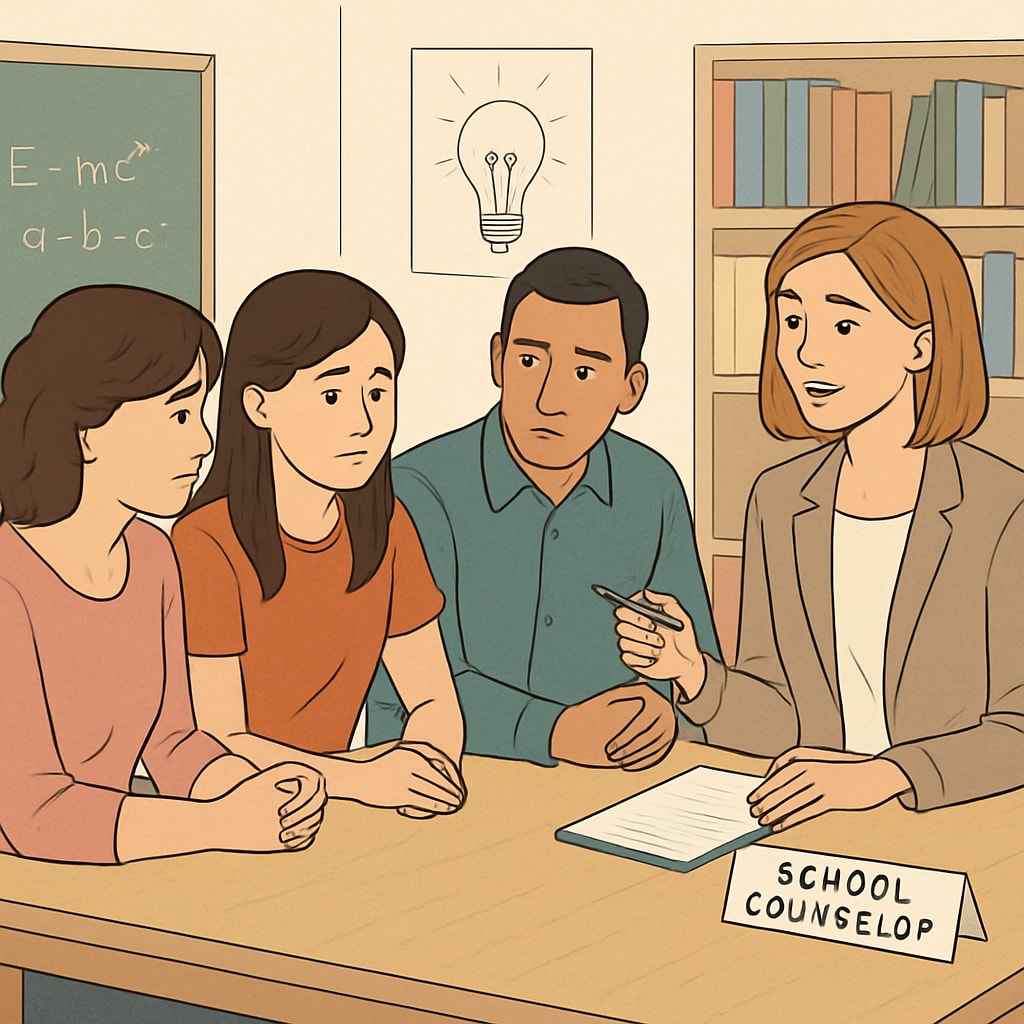The education system plays a crucial role in shaping the future of students, but for those with learning difficulties, the path toward achieving their dreams can be fraught with challenges. This is especially true for students aspiring to pursue medical careers, where academic rigor is non-negotiable. Coupled with family pressures and inequities in educational resources, these obstacles can seem insurmountable. However, with the right support systems in place, students with special learning needs can overcome these barriers and achieve their medical dreams.
The Impact of Learning Difficulties on Academic and Career Aspirations
Learning difficulties, such as dyslexia, ADHD, or processing disorders, can significantly hinder a student’s academic performance. These challenges often go undiagnosed or are misunderstood, resulting in students being labeled as “lazy” or “unmotivated.” Over time, such misconceptions can erode a student’s self-confidence and affect their long-term aspirations.
For students aiming for careers in medicine, the stakes are even higher. Medical education demands mastery of complex subjects like biology, chemistry, and anatomy. When learning difficulties are not addressed, students may struggle to meet these high standards, leading to frustration and self-doubt. According to Britannica’s overview of education, early intervention and tailored teaching methods are critical to helping students with learning challenges succeed.

Navigating Family and Societal Pressures
Beyond academic struggles, students with learning difficulties often face pressure from their families and communities. Families may have high expectations for children to pursue prestigious careers, such as medicine, without fully understanding the unique challenges posed by learning disorders. This pressure can create a double burden: students must not only meet academic expectations but also manage the emotional weight of familial disappointment if they fall short.
Societal attitudes toward learning differences also play a role. In many cultures, there is a stigma associated with learning difficulties, which can prevent students and their families from seeking help. However, it is essential to foster open conversations about these challenges. Encouraging students to advocate for themselves and access resources, such as specialized tutoring or counseling, can make a significant difference.

Building an Inclusive Support System
Creating an inclusive educational environment is key to helping students with learning difficulties thrive. Teachers, administrators, and policymakers must work together to ensure that schools provide the necessary accommodations, such as extended test times, assistive technologies, and individualized education plans (IEPs). Additionally, mentorship programs where students with similar aspirations can connect and share experiences can be invaluable.
Moreover, partnerships between schools and healthcare professionals can help identify and address learning difficulties early. For example, regular screenings and assessments can ensure timely interventions, giving students the tools they need to succeed academically and emotionally.
Organizations like the National Center for Learning Disabilities offer valuable resources for students, parents, and educators to navigate these challenges effectively.
Staying Resilient on the Path to Medicine
Despite the hurdles, resilience is a critical trait for students striving to achieve their medical dreams. Many successful medical professionals have overcome significant obstacles, including learning difficulties, to reach their goals. Their stories serve as powerful reminders that determination and the right support can pave the way for success.
Students can also benefit from setting realistic milestones and celebrating small victories along the journey. Whether mastering a challenging concept or receiving positive feedback from a teacher, these moments of success can build momentum and reinforce a sense of purpose.
In conclusion, while learning difficulties and family pressures within an inequitable education system can pose significant challenges, they do not have to define a student’s future. By fostering inclusive environments and leveraging available resources, we can empower students to overcome barriers and achieve their dreams of becoming medical professionals.
Readability guidance: This article uses short paragraphs and lists to enhance readability. It balances academic discussion with practical advice, ensuring accessibility for a broad audience.


